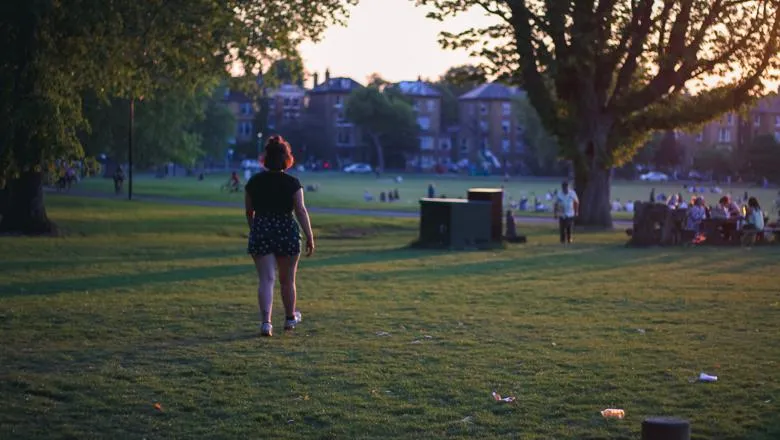Austerity in the UK included massive cuts to police budgets and officer numbers. But, I argue, this didn't lead to smaller role for the police.
Dr Malte Laub
29 July 2021
The rise of 'authoritarian neoliberalism' and its impact on communities
People living in areas hit hard by austerity measures have changed the way they interact with their communities and admit to feeling unsafe in response to a shift in how they are perceived by the state.

In a new study, Dr Malte Laub argues that cuts to social and welfare spending introduced in the UK after the global financial crisis, coupled with more policing, the increasing criminalisation of poverty and demonisation of council estates, are symptoms of a shift to authoritarian neoliberalism by the state.
This shift has resulted in increased demands placed on an over-stretched police force, itself the subject of spending cuts, which has resulted in more fear and distrust in poorer neighbourhoods and the use of coercive measures such as stop-and-search in place of ‘softer’ measures such as youth clubs and social workers.
Dr Laub said, from the Department of European and International Studies, said: “I argue that we need to see increased policing and the more and more comprehensive criminalisation of poverty as key expressions and mechanisms of authoritarian neoliberalism in Britain.
“They have real consequences, especially for marginalised communities of colour and they have spatial dimensions, too.”
The findings were revealed in a new paper by Dr Laub, Policing authoritarian neoliberalism in South London, which will be published in the journal Political Geography.
As part of his work, Dr Laub studied three areas in south London - Camberwell, Peckham, and Elephant and Castle - and worked with residents, including school pupils, to explore the link between austerity measures, such as cuts to youth services or teaching staff, the increased role of police, and everyday life.
Dr Laub found that the closure of key social facilities and cuts to welfare budgets had left young people feeling unsafe, with the void filled in some cases by gangs and violence. In place of missing services, police officers had been tasked with fulfilling multiple social roles and their interactions with local people had increased feelings of mistrust, particularly following an increase in cases of stop-and-search.
Dr Laub said: “Austerity in the UK included massive cuts to police budgets and officer numbers. But, I argue, this didn't lead to smaller role for the police.
“Rather, other services were cut even more and police, as an institution of last resort, now fulfil tasks that others, such as the NHS or indeed schools, can't fulfil anymore. That's not a good development - batons and handcuffs don't help someone in a mental health crisis.”
Countering the effects of authoritarian neoliberalism and the increasing role of police would mean investment in social housing, more funding for health services, and more teachers in schools – Dr Laub argues.
You can read the paper in full here.
